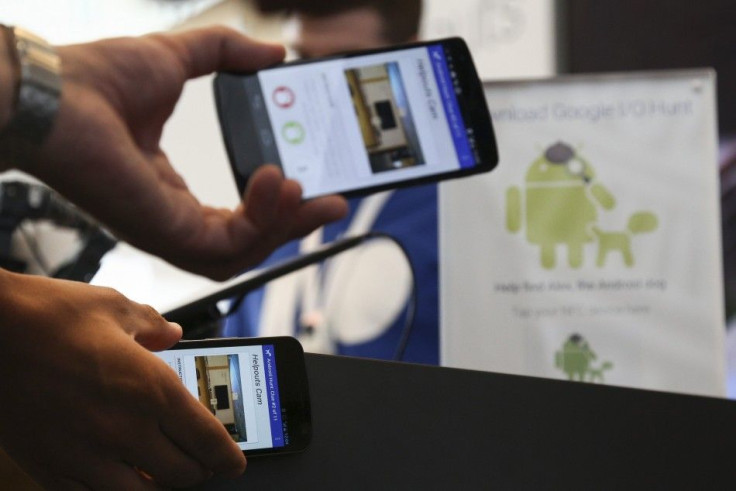Touchscreen phones Provides a Glimpse of Germs in the Body

A new study by the University of Oregon in the U.S. suggests that the smartphone contains thousands of micro-organisms and these can be a mirror to the bacteria, fungi and virus that are present in our body and in the surroundings.
Samples, from 17 volunteers, were collected from two fingers, the thumb and index, and the smartphone touchscreens. The study showed that more than 7,000 different microbes were found in the fingers and the screens and about eighty two percent of the micro-organisms found in the fingers of the volunteers were present in the phone as well.
Ecology and Environmental scientist and lead author of the study, said, ""Taking samples from actual people requires consent, and some people may find it uncomfortable, but swabbing mobile phones could be a less-invasive way to get samples. This may be a way to make research into the microbiome(collection of microbes on personal items) easier in the future." Smartphones contain the same germs in the human body and hence, this could be used as a non-invasive diagnostic tool for doctors to check for a dangerous micro-organism in their patients.
The journal PeerJ contained a paper in which the researchers wrote that the human microbiome travels everywhere people go. Humans constantly transfer microbes to and from the surfaces around them, and that includes their possessions. They also increasingly carry their phones with them everywhere they go, and the study done by them confirms that they share more than an emotional connection with their phones - the phones carry their personal microbiome.
Streptococcus, commonly found in people's mouth and Staphylococcus and Corynebacterium, found on the skin of humans, were the most common types of bacteria found on the touchscreen smartphones.
Postdoctoral researcher from the University of Oregon, James Meadow, noted that each person had more bacteria in common with his or her own phone than with anyone else's phone, said study researcher James Meadow, a postdoctoral researcher at the University of Oregon. He explained that although the findings have an "ick factor," bacteria on smartphones are not necessarily something to worry about. In fact, most of the bacteria on the body and in the environment appear to be harmless.
The researcher said that very few of the bacteria around humans are actually dangerous. Since all the volunteers of the study were healthy, the researchers did not look for disease- causing bacteria in the samples.
Meadow continued that the researchers also found that the smartphones in the study contained more than just bacteria found on fingers. Phones may carry bacteria that humans pick up from being outside, or from touching surfaces or other people. These bacteria don't necessary integrate into the microbiome, and more research is needed to understand how they affect health.




















